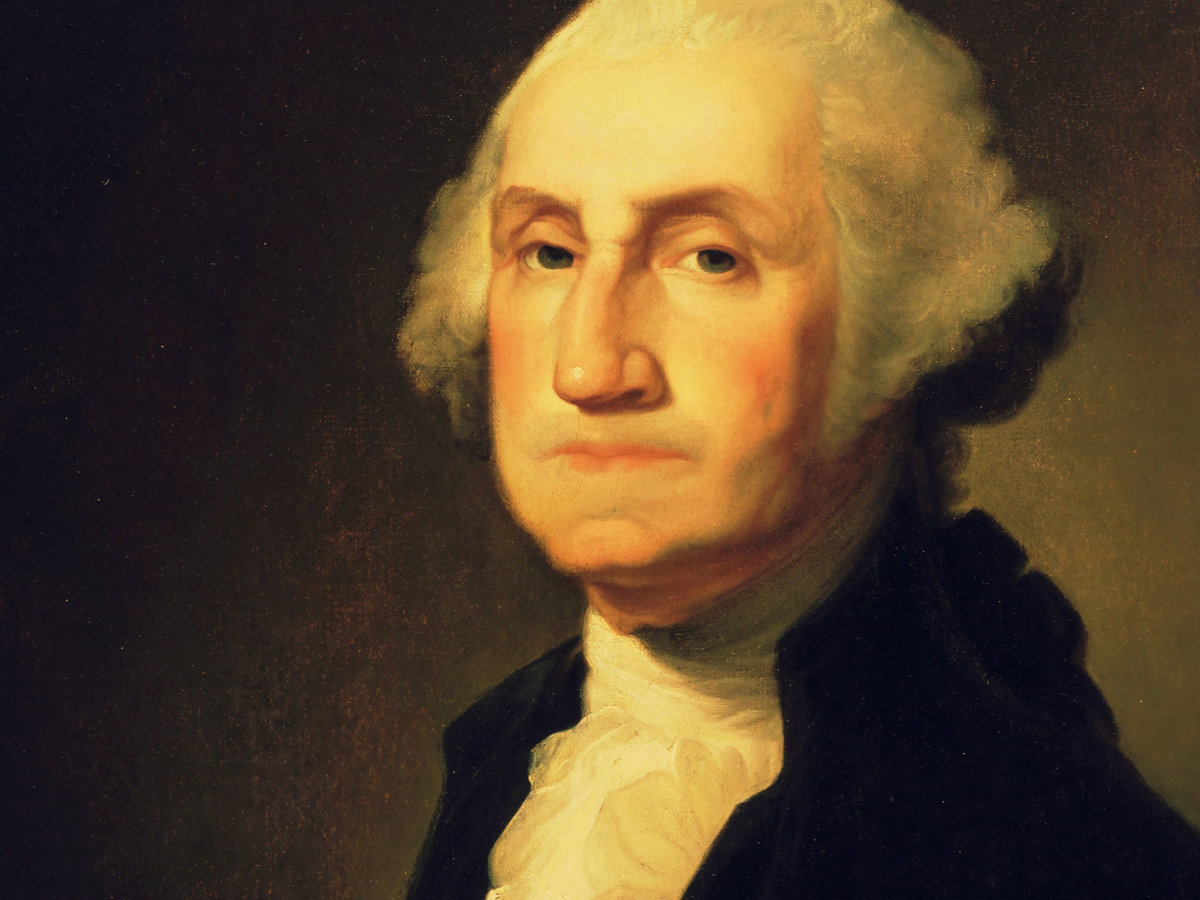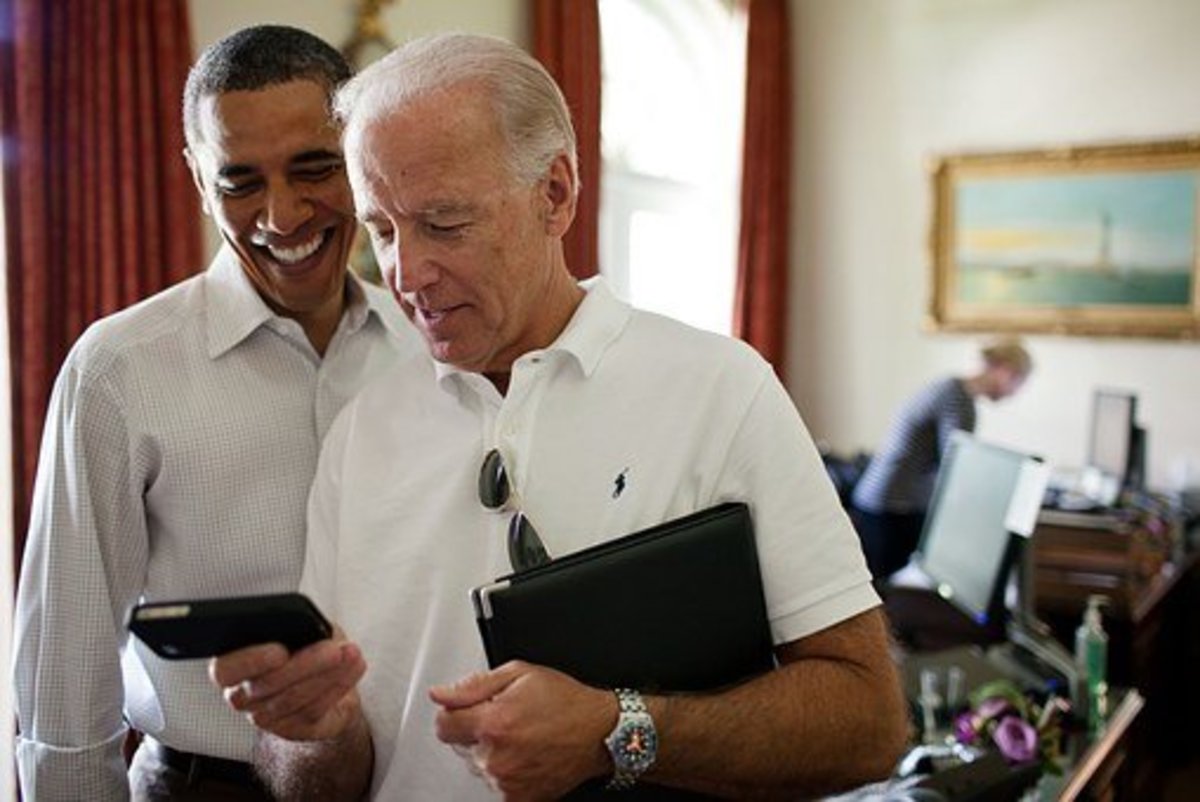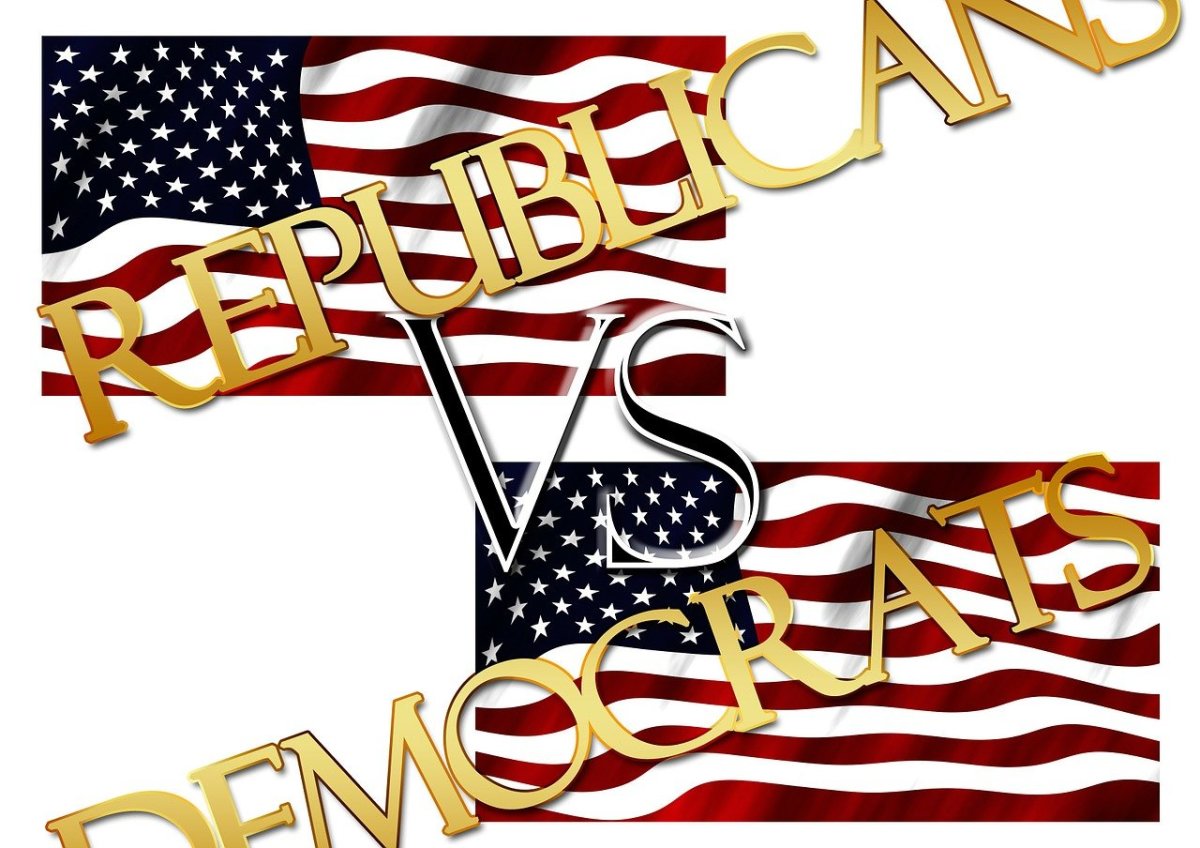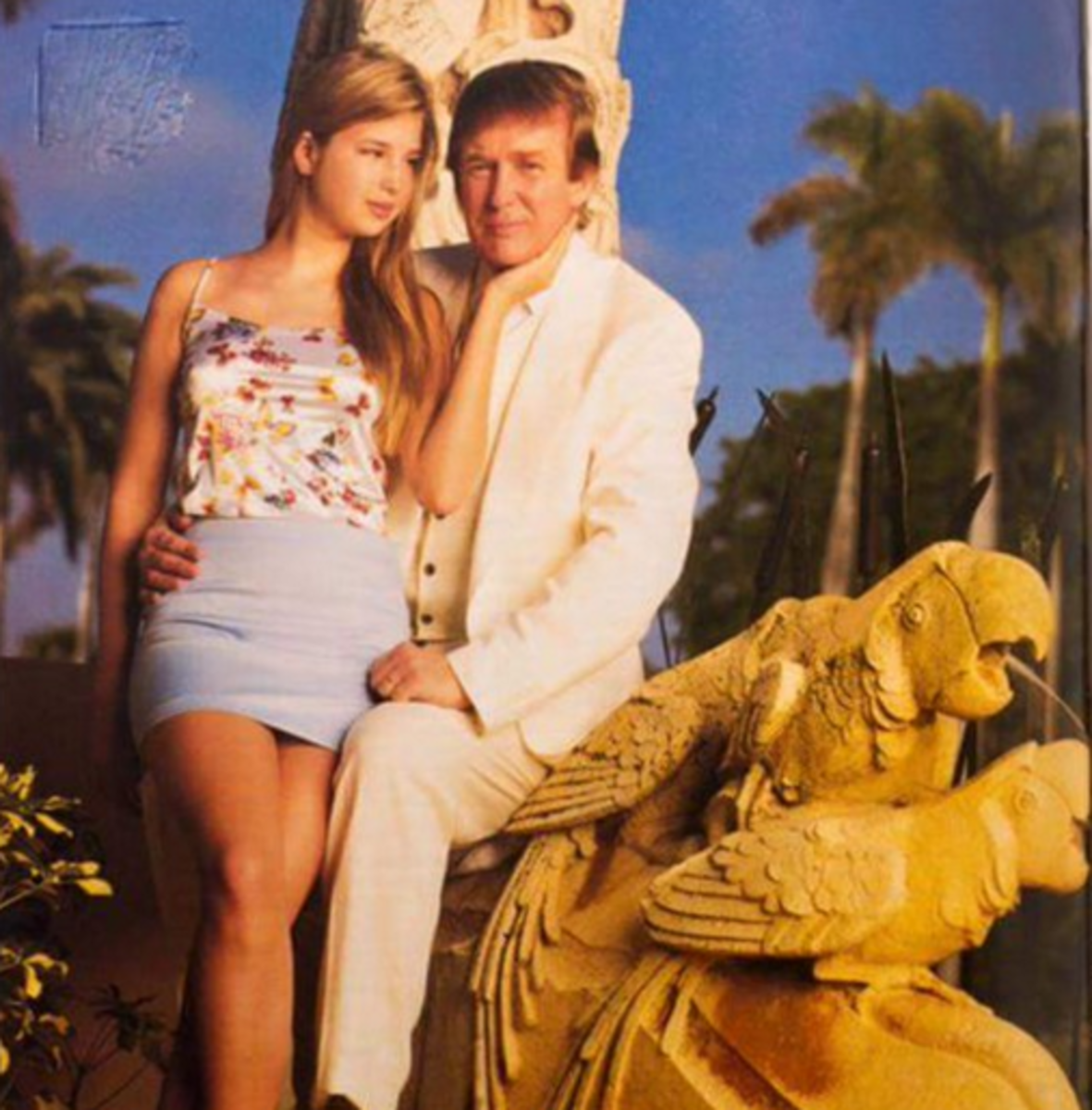The United States of America: Exceptional or Typical?
There is no doubt that something unique exists in the structure and culture of the United States. Never before in history have a collection of independent states, been willing to unite together into one nation, in order to benefit the collective. In this respect, the United States is exceptional. However, does this exceptionalism extend into the principle foundations of virtue, liberty, capitalism, and Christian ideals that the nation was founded on? In fact it does, but specifically, in the respect that they all are intertwined and exist together. All of these factors exist in other cultures and nations, but the United States was the first to truly embrace them to the extent that they did and mixed them together into the nation that we see today.
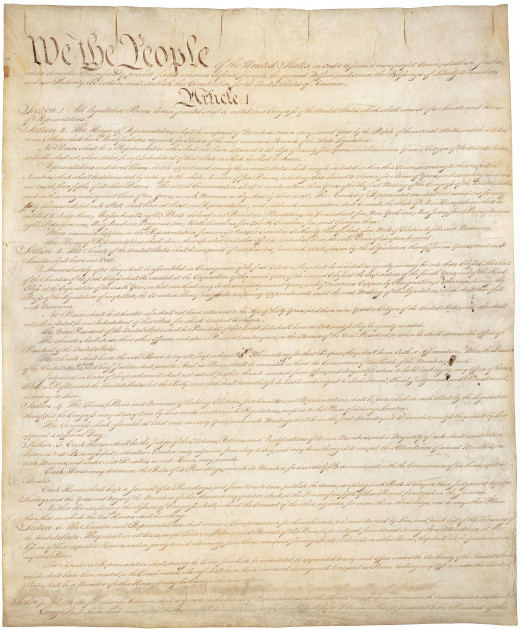
Liberty
Liberty is the quintessential ideal of what the United States is and stands for. The preamble of the Constitution specifically states that its purpose is to “secure the Blessings of Liberty to ourselves and our Posterity”. The ability of Americans to do what they please and to be able to bring about change freely in the society stems directly from the oppression of the British as colonizers. This was not a new thought, seen throughout history as a catalyst for war and revolution, but it was exceptional the way that the United States approached it. The Constitution gave the common man the liberty to engage in political discourse and decision-making, something not seen since the classical civilizations of the Mediterranean. This liberty also allowed them to freely practice any religion they wish, a right denied to many in their home countries in Europe, which prompted many of them to flee to the American colonies. Capitalism was also reinforced by the liberty that was instilled in Americans as they were able to pursue any economic practices they wished, and this led to the rapid expansion of American industry in the 19th century.
For the founding fathers, who for the most part were wealthy, intellectual, aristocrats, there had to be some limits on liberty. This was due to the thought that, the common man, while they should have a right to govern themselves, they lacked the virtue that was needed to effectively organize and govern the United States. As James Madison states in Federalist #10, “As long as the reason of man continues fallible, and he is at liberty to exercise it, different opinions will be formed”. Without virtue, the common man would develop special interests and utilize the government to advance those interests, instead of doing what was “right”, in the eyes of the founding fathers. What was so exceptional about this was that the framers did not limit who could serve within the government. They saw liberty as the primary principle, and allowed the common man to still affect change, though they did instate checks and balances, with the bicameral legislature, in order to ensure that some virtuous individuals had political power.
Religion
In the revolutionary and post revolutionary era, every government in the world was based on the ideals of the prominent religion of that nation. The United States was such a unique exception that “No other nation, much less a new one, had ever dared divorce religion from government so completely”. The colonists of the Americas were an eclectic group of every religion around the globe. Founding government and nation on a particular religion would have never worked. The founding fathers knew this, and saw the potential problems with catering to a particular religion. By keeping religion as much out of the process as possible, the founding fathers were able to maintain some of the virtue in the government, as representatives would be free from varying religious issues and interests.
That being said, the new nation was not free entirely of religious, and particularly Christian, ideals. While the founding fathers did eliminate any religious mandates from the constitution, they still had the religions of the American people in mind. The first amendment gives every American the right to practice any religion they wish, without infringement from the government or any other body. The founding fathers saw the importance of Christianity and all other religions to the American people, as well as the virtue that they give to society. Further, many Americans had fled from other home countries due to religious persecution, and thus protections were important to separate the new United States from the non-republics of Europe.
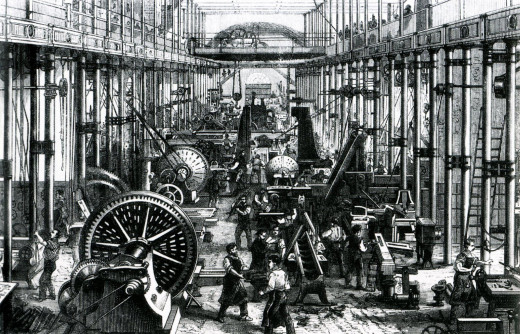
Capitalism
Capitalism in the United States was present from the landing of the first colonists on the American continent, though “it was not until the early twentieth century that the word acquired its modern usage”, but its core ideals still existed. For many of the first colonists, the main pursuit was gold and riches, which unfortunately were unable to be found. But, the lust for wealth never left the colonists. Many other economic pursuits were carried out in the early years of the country, from farming cash crops like tobacco, to harvesting raw resources, such as lumber and fish. These capitalist activities were not limited to wealthy individuals, but in fact “most farmers, it seemed, were involved in trade of various sorts-sending tobacco and wheat to England and Europe, selling fish, foodstuffs, and lumber to the West Indies, and exchanging a wide variety of goods among themselves”. The liberty that Americans had promoted enterprise, and gave every person the ability to rise to wealth from very humble beginnings, such like that of Benjamin Franklin. However, this liberty and capitalism did not provide an atmosphere of fostering virtuous individuals and led to a “crisis of virtue”, as it inevitably led to self interest and greed. In fact, many Americans took advantage of the system in order to make some quick money, like defrauding the United States Army during the Revolution by providing faulty or bad supplies. This was not conducive to a virtuous people.
The United States is the product of many ideals and foundations, some revolutionary, others not so much. What makes it so unique and exceptional is the coming together and intertwining of liberty, virtue, Christian ideals and capitalism to create a a nation, the like of which had never been seen before the late 18th century. This combination has created a nation and fostered a people that have maintained a constant government and society that has seen relatively little change in nearly 250 years. Its clear that the conditions were right and the founders had an extensive amount of for thought to create a nation that could thrive and stand the test of time.
This content is accurate and true to the best of the author’s knowledge and is not meant to substitute for formal and individualized advice from a qualified professional.



